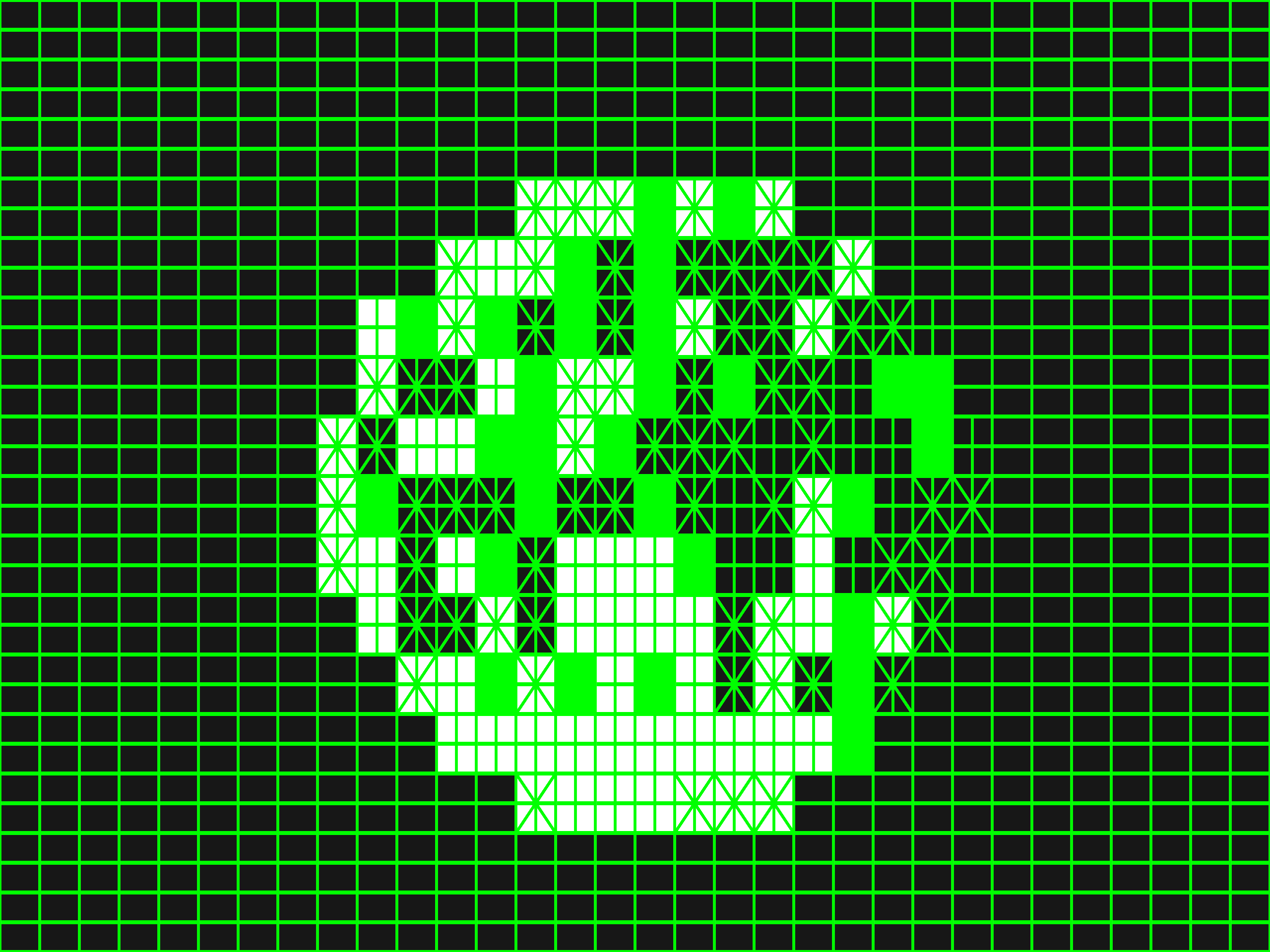Tim: Since the turn of the millennium, a term has been increasingly used in the leadership scene to describe the times in which we live. It is the acronym “VUCA”, which groups together the four terms Volatility, Uncertainty, Complexity and Ambiguity. What goes through your mind when you look at these terms? What do you think is the role of design in a “VUCA” world?
As these multipolar and entangled problems are not easy to understand, let alone be solved, we came to the conclusion that we won’t design ourselves out of these problems.
Martin: These are big questions and it is a problem if only “leaders” are concerned with them. They relate to a paradigm shift in how we see the world, how we relate to it and all the living and non-living systems on it. We are talking here about realizing the global impact of our actions. In the anthropocene we have to acknowledge that we have caused a lot of this VUCA. Climate breakdown, wars, loss of biodiversity, poverty, etc. … the list goes on. These are not unrelated problems. When starting to see how these problems are related, we realize that they can’t be solved one by one, but that there are invisible underlying systems at the root that need to be changed. As these multipolar and entangled problems are not easy to understand, let alone be solved, we came to the conclusion that we won’t design ourselves out of these problems. There will be no new inventions that will save us. It is a human problem that needs to be solved by and with humans. Visual System Design, the kind of design I am focusing on, has its roots in communication design. If we would shift from communication design to conversation design we could create frameworks that allow humans to engage into a shift from an extractive economy to a life-ennobling economy.
If we would shift from communication design to conversation design, we could create frameworks that allow humans to engage into a shift from an extractive economy to a life-ennobling economy.
Tim: Wow, that sounds all interesting. But I fear I don’t get it yet. How can Conversational Design support this transformation concretely?
Seeing the world in systems, acknowledging the unknown, changing how we relate to everyone and everything on this planet, establishing conversational frameworks to allow for humans with different perspectives to contribute to this change, is where I see a major function of design.
Martin: Seeing the world in systems, acknowledging the unknown, changing how we relate to everyone and everything on this planet, establishing conversational frameworks to allow for humans with different perspectives to contribute to this change, is where I see a major function of design. Since I joined the Not-for-profit Dark Matter Labs as the Lead for the Conversation Design Studio, I am working on the shift from Communication Design to Conversation Design, because I think we deeply need it. What goes through your mind when you hear VUCA?
Tim: First of all, I agree with what you write. I also see an important psychological dimension here. When I was 25 years old, I went through a depression in which I was really struggling with the uncertainties of the present. That’s fifteen years ago. What really helped me was my discovery of ancient Stoicism and Cynicism. When I feel potentially overwhelmed, reading philosophy is still a great source of inspiration for me.
Martin: Right, there is a personal take on VUCA, and how it affects personal health. Volatility, Uncertainty, Complexity and Ambiguity does not just describe the state of the world but also our perception of it. Reality and perception are intrinsically linked. They can’t be separated. What would happen if we would only use the internet during working hours? How would not just our perception change? … but actually how the world works? What would we do with our spare time?
Tim: Exactly, these are important questions which are drowned out by the noise and pace of innovation. It is challenging to find a balance in these times, our brain in many ways is not compatible with this way of living. But I also find a lot of joy in finding ways of resistance, in slowing down, in simplifying the system of technology I use every day. It has a certain similarity with a game. Interestingly ancient philosophy is very helpful for these challenges. Modern Authors like Jenny Odell1 or Cal Newport2 translated the principles of resistance from ancienity into the modern times. Highly recommended.
Footnotes:
- Jenny Odell – How to do Nothing
https://www.penguinrandomhouse.com/books/600671/how-to-do-nothing-by-jenny-odell/ ↩︎ - Cal Newport – Digital Minimalism
https://www.penguinrandomhouse.com/books/575667/digital-minimalism-by-cal-newport/ ↩︎
Published on December 4, 2024
Last updated on November 8, 2024
